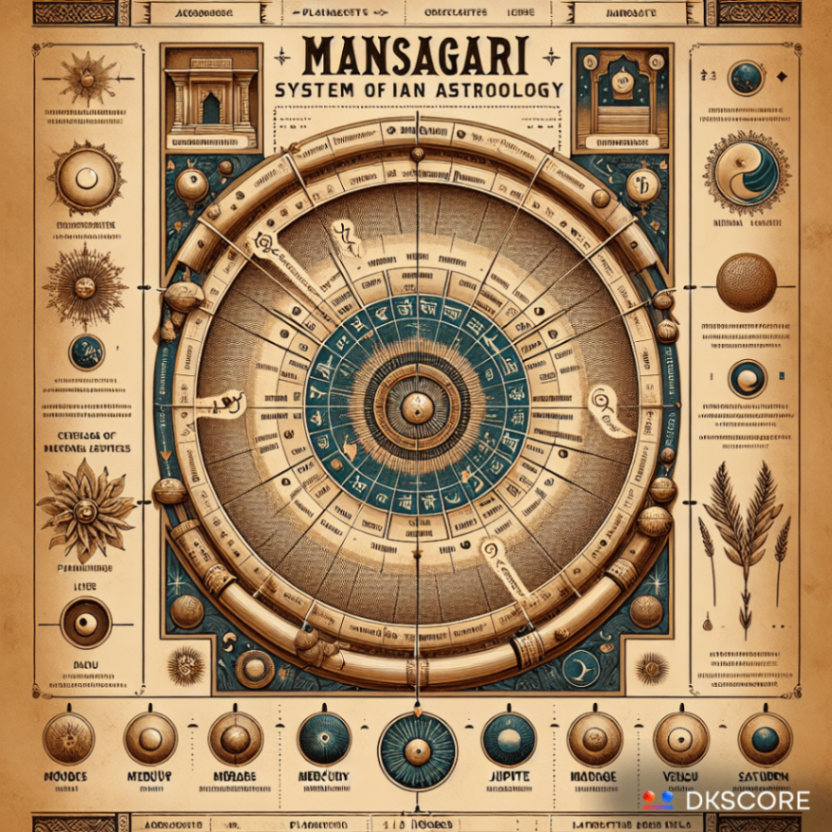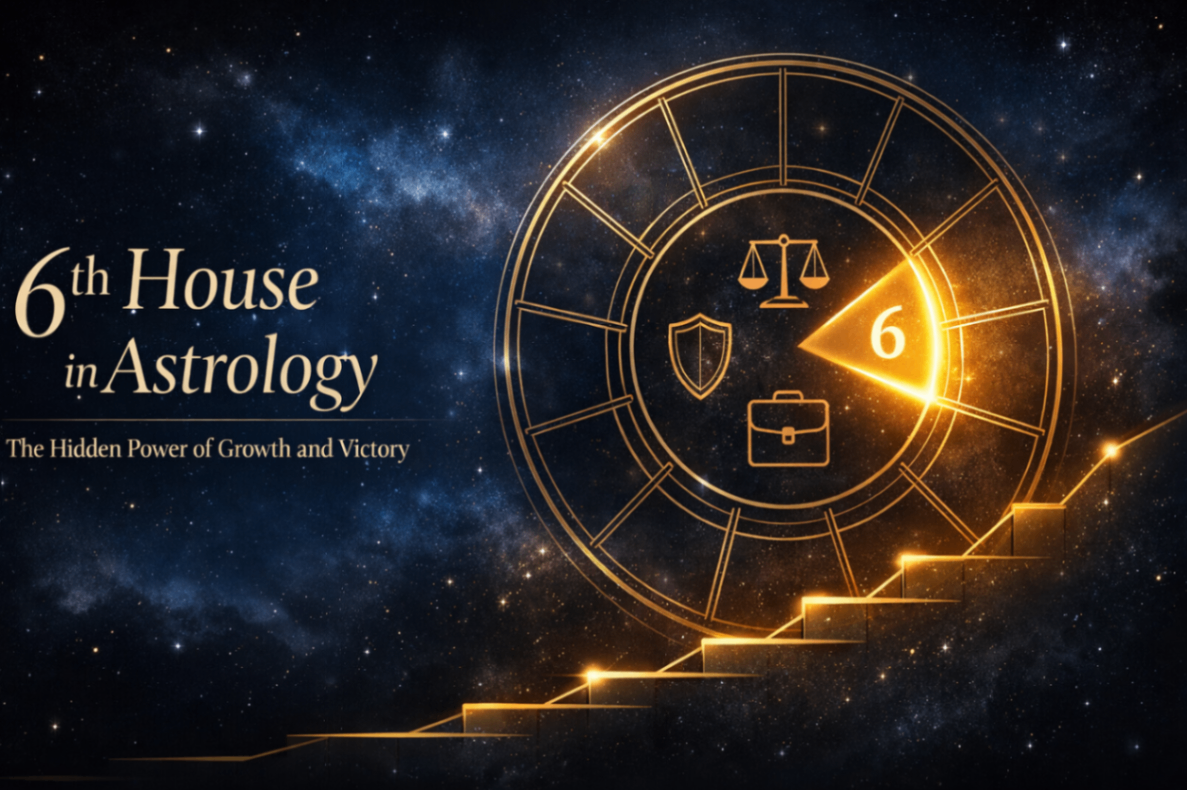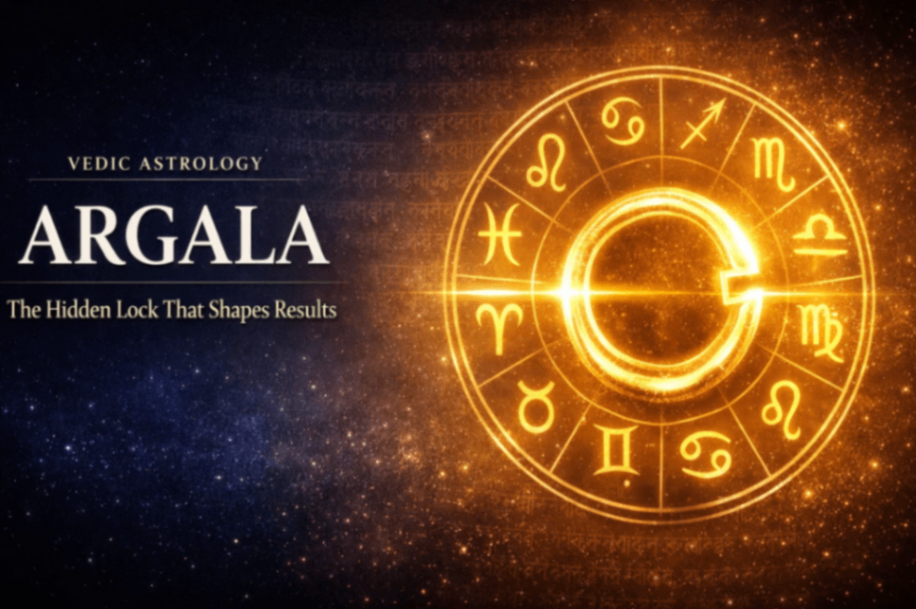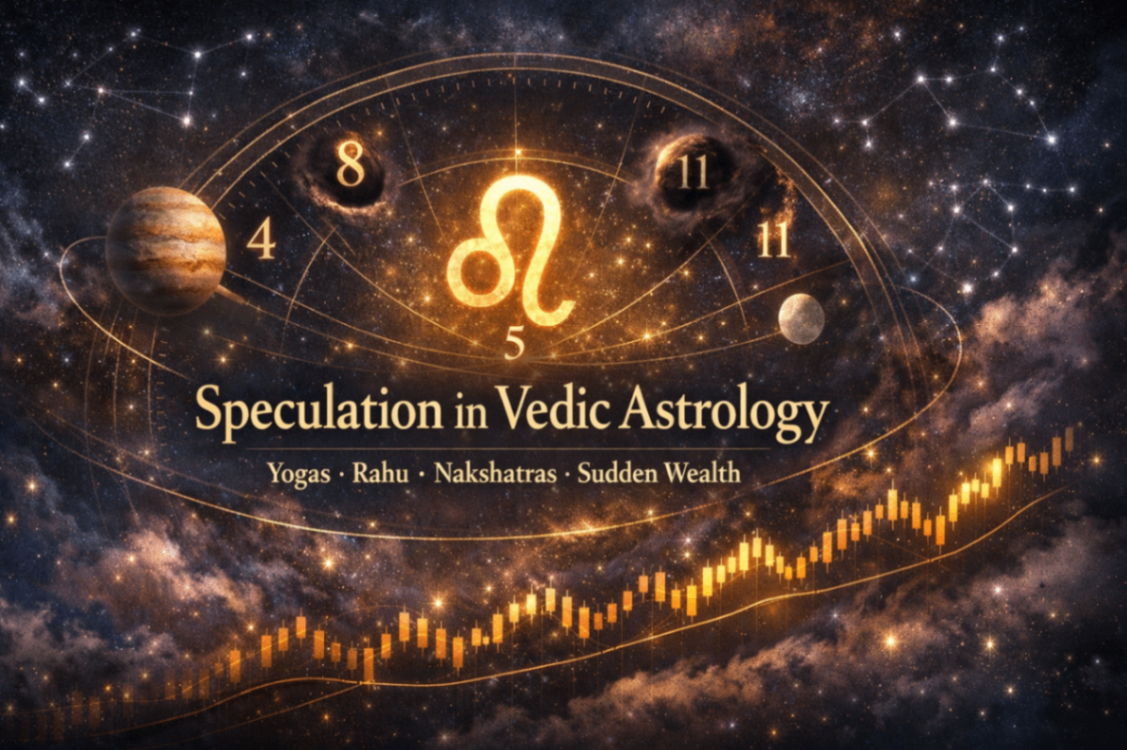Understanding Vedic Astrology: A Journey into the Ancient Wisdom
Vedic astrology, also known as Jyotish, is an ancient science that serves as a guide to understanding human consciousness and the universe. Unlike Western astrology, Vedic astrology is deeply rooted in the traditions of Indias sages, offering insights that are both profound and practical. This article explores the essential elements of Vedic astrology, its historical context, and its relevance in todays world.
The Origin of Vedic Astrology
Vedic astrology traces its roots back to the ancient Indian texts known as the Vedas. These scriptures are considered some of the oldest writings in human history. They describe the universe and the connection between cosmic bodies and human existence. The sages of India, known as Rishis, were believed to have received this knowledge through deep meditation and spiritual practices. They served as custodians of this wisdom, passing it down through generations.
The Fundamental Components of Vedic Astrology
Vedic astrology is centered around several key elements:
The Planets: Known as Grahas, they include the Sun, Moon, Mars, Mercury, Jupiter, Venus, Saturn, Rahu, and Ketu. Each planet has specific attributes and influences different aspects of human life.
The Zodiac Signs: There are 12 zodiac signs, each associated with a planet and possessing unique characteristics.
The Houses: The astrological chart is divided into 12 houses, each representing different areas of life, such as career, relationships, and health.
The Nakshatras: These are 27 lunar mansions or constellations that provide further depth and detail to astrological readings.
The Role of Karma in Vedic Astrology
Karma, the law of cause and effect, is a central concept in Vedic astrology. It suggests that the positions of the planets at the time of ones birth influence their lifes path, reflecting past life actions and future potentials. Vedic astrology aims to guide individuals in understanding their karmic patterns and making conscious choices to improve their lives.
The Importance of Spiritual Practices

Spiritual practices such as meditation, yoga, and chanting are integral to Vedic astrology. These practices help individuals align with the cosmic energies and enhance their intuitive abilities. A disciplined spiritual routine is believed to increase ones sattva (purity), leading to greater clarity and insight.
Diet and Lifestyle in Vedic Astrology

Diet and lifestyle also play a significant role in Vedic astrology. A vegetarian diet is often recommended to increase sattva and reduce tamas (ignorance). Fasting and mindful eating are considered beneficial for maintaining balance and harmony within the body and mind.
The Contemporary Relevance of Vedic Astrology
In todays fast-paced world, Vedic astrology offers a unique perspective on personal growth and self-awareness. It provides tools for understanding ones strengths and challenges, promoting a more conscious and fulfilling life. As more people seek holistic approaches to well-being, Vedic astrology continues to gain popularity and recognition globally.
Conclusion
Vedic astrology is a profound system that connects individuals to the wisdom of the universe. By understanding the influences of the planets, zodiac signs, and houses, one can gain valuable insights into their lifes journey. With its roots in ancient Indian tradition, Vedic astrology remains a relevant and transformative tool for personal development and spiritual growth.






































